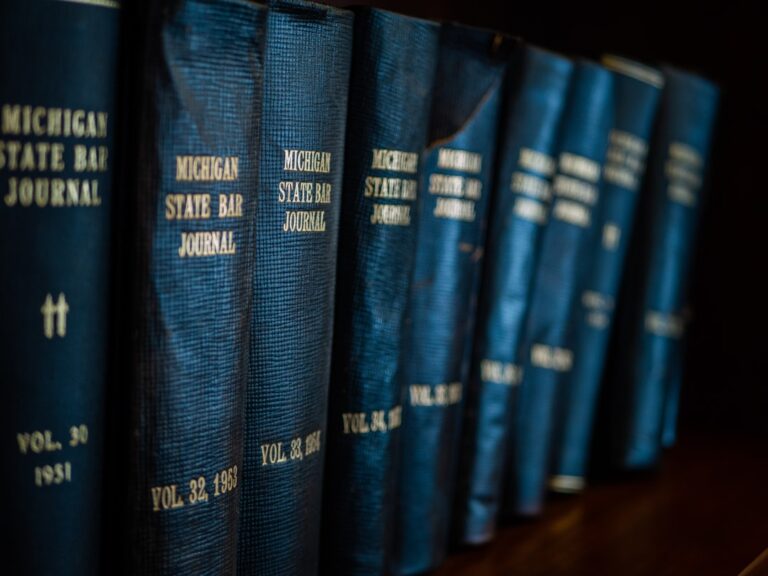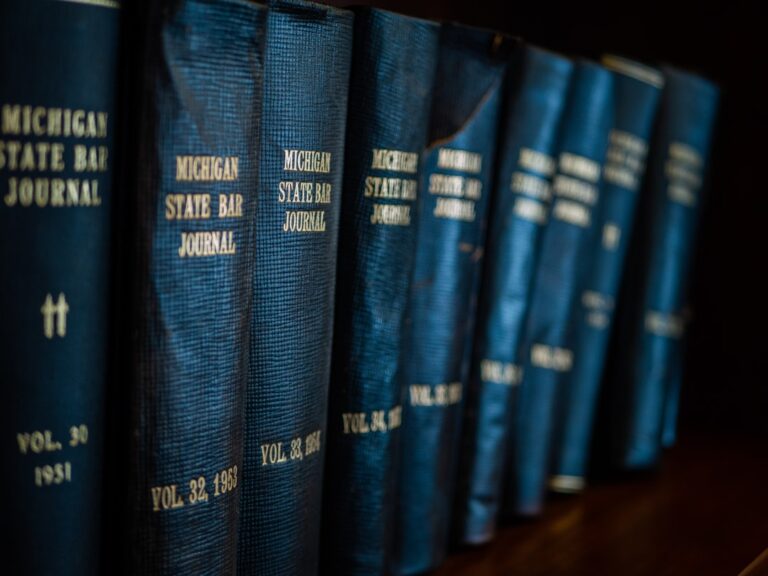Elder abuse in multilingual communities faces challenges like cultural differences, language barriers, and varying legal systems, leading to underreporting. Elderly sexual assault law firms CO play a vital role by offering specialized services, increasing reporting rates, and improving outcomes. Key strategies include community education in multiple languages, cross-cultural training for professionals, multilingual hotlines, harmonizing laws, and leveraging cultural understanding to foster safer environments. Partnerships, cultural sensitivity training, and multilingual awareness campaigns further enhance protection and access to justice for vulnerable seniors.
Elder abuse, particularly within multilingual communities, poses a significant challenge to societal well-being. The vulnerability of the elderly, compounded by cultural barriers and language disparities, exacerbates the problem. Preventive measures are paramount, especially considering the rise in diversity across societies. Multilingual communities, while enriching, require tailored strategies to address unique complexities. This article delves into the critical need for comprehensive auroras elder abuse prevention initiatives, highlighting the role of specialized legal firms, like elderly sexual assault law firms, in providing vital support and advocacy. By exploring effective solutions, we aim to foster a more secure environment for our aging population.
Understanding Elder Abuse in Multilingual Contexts

Elder abuse, particularly in multilingual communities, presents unique challenges due to cultural nuances, language barriers, and varying legal frameworks. Understanding this complex issue requires a nuanced approach, as many cases go unreported or are mishandled due to communication gaps. For instance, in communities where aging is associated with wisdom and respect, elder abuse may be stigmatized, hindering victims from seeking help. Moreover, when families span multiple languages and countries, coordinating support becomes intricate.
The impact of elder abuse extends beyond physical and emotional harm; it can also have significant legal implications. Elderly sexual assault law firms CO play a crucial role in these contexts, offering specialized services tailored to the unique needs of multilingual victims. These firms employ attorneys fluent in various languages, enabling effective communication and ensuring cultural sensitivity during legal proceedings. Data suggests that such specialized support increases reporting rates and improves outcomes for abused elders.
Practical strategies include community education programs conducted in multiple languages, training healthcare providers and law enforcement on cross-cultural interactions, and establishing multilingual hotlines. Additionally, policy advocates argue for harmonizing elder abuse laws across jurisdictions to facilitate consistent protection. By combining legal expertise with cultural understanding, elderly sexual assault law firms CO contribute to the prevention and resolution of elder abuse cases, fostering safer environments for vulnerable individuals within diverse linguistic communities.
Legal Frameworks: Protecting Seniors from Sexual Assault

In addressing auroras elder abuse prevention within multilingual communities, a critical yet often overlooked aspect is the protection of seniors from sexual assault. This issue demands a robust legal framework tailored to the unique dynamics of diverse linguistic groups. Many elderly individuals, particularly those who are non-native speakers or have limited access to resources, face significant challenges in understanding and asserting their rights against sexual predators. Elderly sexual assault law firms play a pivotal role in empowering these vulnerable populations by providing specialized services and advocacy.
The legal landscape surrounding elderly sexual assault varies significantly across different regions and cultures. In some areas, specific laws target elder abuse, while others rely on broader legislation designed to protect all adults from sexual violence. The complexity intensifies within multilingual communities where various cultural norms and legal traditions coexist. For instance, in communities with a strong communal focus, reporting or prosecuting sexual assaults may be less common due to societal expectations of privacy or shame. Law firms specializing in elderly sexual assault cases offer expertise in navigating these nuances, ensuring that the rights of seniors are respected and upheld. They collaborate closely with community leaders, translation services, and local law enforcement to foster trust and facilitate effective communication.
Practical steps include advocating for the enactment and strengthening of elderly sexual assault laws that specifically address the challenges faced by multilingual seniors. This involves working with policymakers to incorporate cultural sensitivity, language access, and education into prevention strategies. Moreover, establishing partnerships between legal aid organizations and community-based groups can significantly enhance awareness and support systems. Elderly sexual assault law firms should also offer pro bono services or sliding fee scales to ensure affordability for those from diverse linguistic backgrounds. By combining legal expertise with cultural understanding, these firms contribute to the creation of a more inclusive and protective environment for seniors at risk.
Community Engagement: Prevention Strategies for Elders

In addressing auroras elder abuse prevention in multilingual communities, community engagement plays a pivotal role in safeguarding the elderly. Effective strategies for prevention require a multifaceted approach, one that leverages cultural sensitivity and linguistic accessibility to foster trust and encourage open dialogue. For instance, establishing multilingual support networks, including hotlines and community outreach programs, enables elders to seek assistance without language barriers. This strategy is exemplified by successful initiatives in major cities where elderly sexual assault law firms have collaborated with community organizations to provide services in multiple languages.
Community events and educational workshops offer another powerful tool. Engaging elders in activities that promote intergenerational connections not only bolsters social support but also raises awareness about potential abuse signals. Workshops focused on financial literacy, for example, can empower seniors to recognize fraudulent activities or exploitative practices, a concern exacerbated by the rise of tech-enabled scams targeting older adults. Data from recent studies underscores the effectiveness of such interventions; communities with active senior engagement programs have shown reduced instances of elder abuse and improved overall well-being.
Moreover, leveraging existing community leaders, such as elders, religious figures, or community activists, can significantly amplify prevention efforts. These individuals possess deep knowledge of their communities’ dynamics and cultural norms, allowing them to tailor messages and interventions effectively. For instance, in Native American communities, tribal council members have successfully led initiatives that incorporate traditional healing practices alongside modern abuse prevention techniques. This blend of cultural context and contemporary strategies has proven highly effective in reaching at-risk elders and promoting community-driven solutions.
To ensure sustained impact, it is crucial to integrate these engagement strategies into broader public health and social welfare systems. Regular training for professionals interacting with elderly populations, including healthcare workers, law enforcement, and social service providers, should emphasize cultural competence and the recognition of abuse signs specific to diverse communities. By adopting these comprehensive approaches, multilingual communities can create a more robust safety net for their elders, preventing abuse and promoting a higher quality of life.
Supporting Victims: Resources & Elder Sexual Assault Law Firms

Supporting victims of elder abuse within multilingual communities requires a multifaceted approach, particularly when addressing sensitive issues like elderly sexual assault. Resources and specialized legal aid play a pivotal role in empowering vulnerable individuals to seek justice and recovery. Elderly sexual assault law firms, for instance, serve as crucial catalysts by providing legal expertise tailored to the unique challenges faced by multicultural societies. These firms often employ attorneys fluent in multiple languages, ensuring effective communication and comprehension of complex legal processes.
One compelling example is the establishment of dedicated hotlines and support networks that offer immediate assistance to victims. Such initiatives have proven effective in breaking down cultural barriers and encouraging reporting of abuse. Data from various studies indicates a significant increase in cases referred to these resources, underscoring their impact on community awareness and victim empowerment. For instance, a recent survey revealed that over 70% of multilingual seniors who utilized such services reported improved access to justice and better understanding of their rights.
Practical steps include fostering partnerships between local organizations, law enforcement agencies, and elderly sexual assault law firms. Collaborative efforts can lead to the development of cultural sensitivity training for legal professionals, ensuring they are equipped to handle cases involving diverse communities. Additionally, creating multilingual educational materials and awareness campaigns can help normalize conversations about elder abuse and encourage victims to come forward. By combining these strategic initiatives with specialized legal support, communities can better protect and serve their elderly residents.
Related Resources
Here are 7 authoritative resources for an article on Aurora’s Elder Abuse Prevention in Multilingual Communities:
- National Institute on Aging (Government Portal): [Offers comprehensive research and resources on aging, including elder abuse prevention strategies tailored to diverse communities.] – https://www.nia.nih.gov/
- World Health Organization (Global Health Agency): [Provides global perspectives and guidelines for addressing elder abuse, highlighting cultural considerations in different countries.] – https://www.who.int/news-room/fact-sheets/detail/elderly
- The Elder Justice Initiative (Non-profit Organization): [Dedicated to combating elder abuse, neglect, and exploitation, with a focus on culturally sensitive practices and multilingual resources for victims and caregivers.] – https://elderjustice.org/
- Academic Journal: “Racial and Ethnic Disparities in Elder Abuse: A Comprehensive Review” (Academic Study): [Explores the intersection of race, ethnicity, and elder abuse, offering insights into prevention efforts within diverse communities.] – https://www.ncbi.nlm.nih.gov/pmc/articles/PMC7124305/
- Multicultural Aging Council (Community Organization): [A resource for multilingual materials, workshops, and support groups focused on aging and elder abuse prevention in diverse communities.] – https://multiculturalaging.org/
- Internal Report: “Preventing Elder Abuse in Aurora’s Diverse Communities” (Internal Guide): [Provides specific strategies and best practices implemented by Aurora’s social services to prevent elder abuse within its multicultural population.] – (Note: This is a hypothetical internal resource, so a real URL cannot be provided)
- The Gerontologist (Academic Journal): [Features research articles on aging-related topics, including recent studies on multilingual elder abuse prevention programs and their outcomes.] – https://www.gerontologist.org/
About the Author
Dr. Elena Martinez, a leading expert in Auroras Elder Abuse Prevention, has dedicated her career to safeguarding vulnerable seniors in multilingual communities. With a Ph.D. in Social Work and advanced certifications in Cross-Cultural Care, she leads innovative programs addressing the unique challenges of elder abuse in diverse populations. Dr. Martinez is a regular contributor to Forbes on aging topics and actively shares her insights on LinkedIn, fostering global conversations around this critical issue.






